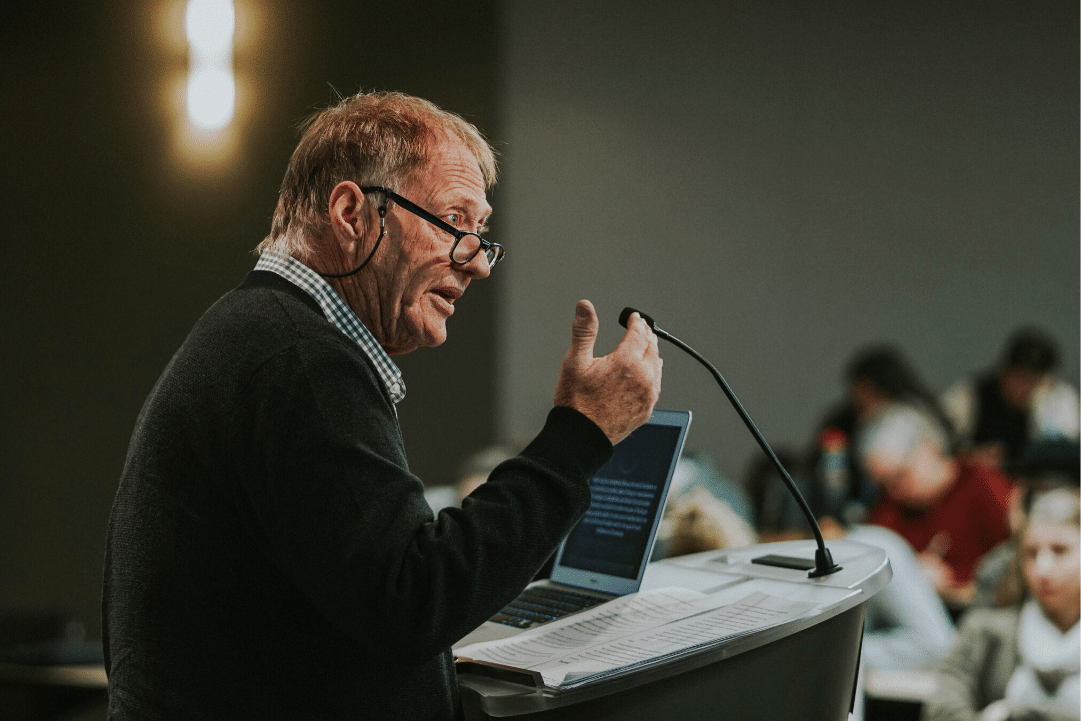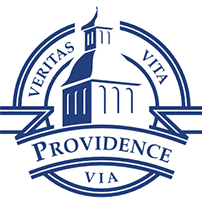Guest Lecturer, David Kennedy, a Supportive Care Counsellor at Hospice Peterborough (ON) spoke on the topic Bringing Death Back Into Life to a lecture hall with more than 175 attendees at Providence earlier this month.
Kennedy was born and raised in Peterborough, ON and is well recognized in his city today for his work with patients in palliative care. Recently, he was the recipient of the Rotary’s ‘Excellence in Community Service Award.’ He is a former pastor, adjunct professor at the University of Toronto, licensed in grief counselling and speaks to audiences about learning how to talk to people about dying.
He shared that, “As Canadians, we live in a culture of avoidance. We don’t talk about death.” In fact, Manitoba is the only province in Canada that has a legal definition of death. We tend to forget that dying is a part of life.
Kennedy suggested that, instead of shrinking in fear over dying, we could choose a different response by facing and acknowledging the changes that are happening. “It’s better to find meaning, value and presence in the current circumstance, and cultivate the ability to embrace where we find ourselves now with gratitude.” He describes it as the ‘gift of mystery or impermanence.’
Kennedy often gets called to help families start the conversation. He recommends asking three questions. What happens at death? What happens after death? How should we prepare for our own dying? These are questions the dying person may have been quietly contemplating himself, and he simply needs somebody to open the conversation so he can process and cope.
With more than 250,000 deaths in Canada per year, there is a significant number of people and families affected by grief, and the church needs to be leading the dialogue especially since our society (or culture) is so hesitant to do so.
Kennedy mentioned that, when children are confronted with death, more often than not they are more curious than fearful. “Fear of death isn’t instinctive but learned. When we choose to deal with the elephant (death) in the room, we get to participate in the beautiful moments that can follow.” It can become a time when families begin sharing memories together and expressing their gratitude, joy and love.
“Dying is an emotional and spiritual journey.” Patients have shared how dying has given them clarity and allows them to live more fully each day, embracing the time they have left to grow in faith, forgiveness and love.


